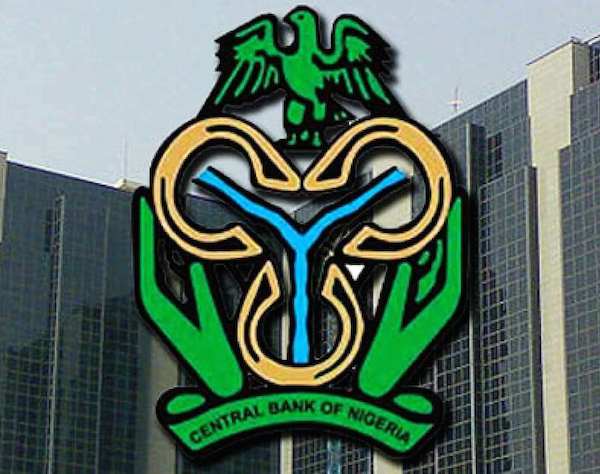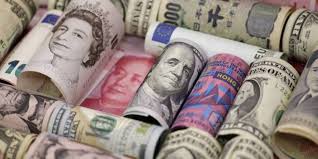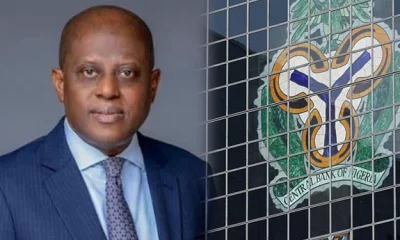The Manufacturers Association of Nigeria (MAN), has urged the Central Bank of Nigeria (CBN) to reduce its Monetary Policy Rate (MPR) from 14 per to boost lending to the real sector.
The MAN President, Dr Frank Jacobs in an interview in Lagos said the reduction would show CBN’s sincerity and seriousness in boosting lending.
Jacobs was reacting to the decision of the Monetary Policy Committee (MPC) meeting of the CBN, which retained the MPR at 14 per cent, to combat inflation due to foreseen increase in government spending ahead of the 2019 elections.
The committee also retained the Cash Reserve Ratio at 22.5 per cent, Liquidity Ratio at 30 per cent, and the Asymmetric corridor at +200 and -500 basis points around the MPR.
The CBN governor, Godwin Emefiele, had during the meeting said that the MPC was concerned with the decreased number of loans given out by Deposit Money Banks (DMBs) to the real sectors of the economy.
To this end, he said that the bank would continue to churn out policies aimed at encouraging banks to increase the flow of credit to the real sector to consolidate economic recovery.
He said that CBN would implement a framework that would incentivise the DMBs to increase lending to the manufacturing and agricultural sectors, through a differentiated dynamic cash reserve requirement regime.
“This will direct cheap long term bank credit at nine per cent, a minimum tenor of seven years and two years moratorium to the employment elastic sector of the economy,’’ Emefiele said
Jacobs queried the rationale of drafting a plan that would induce the deposit money banks to lend to the real sector at single digit rate when the controlling lending rate was 14 per cent.
“It is not going to work, considering past interventions of CBN and the fact that most banks are reluctant to lend to the real sector.
“If the CBN is serious and sincere about stimulating lending to the real sector at nine per cent, it should start by lowering the MPR to accommodate such decision,” he said.
He expressed disappointment at the retention of the rate at 14 per cent since July 2016, noting that the high interest rate had hindered job and wealth creation in the economy.
“So, we may have to take a risk and lower that interest rate to a level that is obtainable in some other countries where you can borrow money at about two to four per cent,” he said.
Jacobs submitted that to spur economic growth, recovery and industrialisation, funds should be made available to the real sector at five per cent.

 Business1 week ago
Business1 week ago
 Football1 week ago
Football1 week ago
 Entertainment6 days ago
Entertainment6 days ago
 Latest1 week ago
Latest1 week ago
 Entertainment3 days ago
Entertainment3 days ago
 Latest1 week ago
Latest1 week ago
 Business1 week ago
Business1 week ago
 Comments and Issues6 days ago
Comments and Issues6 days ago













